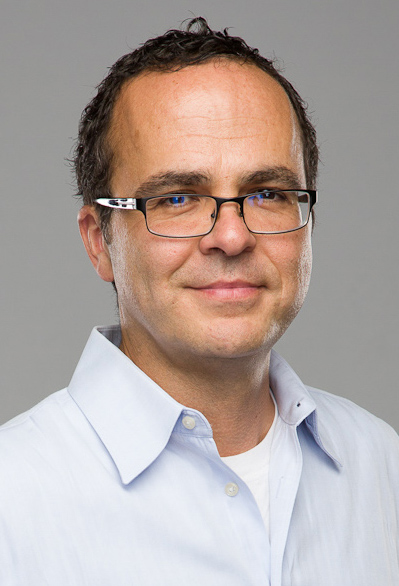Truth and hysteria. During times of natural disasters or catastrophes, debates over the need to take the risks and dangers of an event seriously while measuring them against the concerns over rising hysteria and overreaction are commonplace. The sign of a true leader, though, is one who can listen to experts, tell the truth, show compassion and project calm to prevent panic and hysteria (see Angela Merkel). The global outbreak of COVID-19 has once again exposed these debates and the political danger of denying the truth and rejecting scientific evidence in the name of maintaining power. Reports are now coming out indicating that the failure of U.S. officials to implement early testing for the corona virus squandered the best chance that we had to thwart a rapid spread of the disease. Instead, politicians in many countries (including our own) downplayed the severity of the pandemic and even denied what epidemiologists were advising, all in the name of professing strength and control of the situation. As the New York Times concludes in their investigative reporting: “Americans were left largely blind to the scale of a looming public health catastrophe.”
Almost 35 years ago, another catastrophic event took place at the Chernobyl nuclear power plant in northern Ukraine, which both left Russians and Ukrainians blind to the scale of the looming public health catastrophe and similarly tested political leadership and the willingness to face the truth and follow the lead of scientific experts. The events were serialized last year in a five-part British HBO mini-series, which provides us insight into the challenges follies that disasters create. Chernobyl recounts in dramatic fashion the events of April 26, 1986 when, during a routine safety inspection, a major explosion and meltdown of the reactor’s core occurred leading to the worst nuclear accident in history. Initially local politicians attempted to downplay the severity of the situation, denied health risks and sought to ensure the Kremlin that everything was under control. However, people immediately became sick with severe radiation poisoning and the accident was detected in other parts of the country and eventually in Western Europe as well. Still, political decisions took precedence over scientific ones and many lives were lost in the process.
Much like today, there was fear among politicians of the damage this would do to their image, in this case to the Soviet Union and the balance of power during the Cold War. In one early scene in the series, Mikhail Gorbachev tells others in the Politburo: “Our power comes from the perception of our power,” emphasizing the need to present a semblance of control over the situation. High-ranking officials continued to refuse to listen to the scientists who warned of the impending danger—a situation that, unless they acted quickly, could be even more catastrophic.
The COVID-19 crisis has similarly pitted politicians, worried about their image and maintaining their power, against scientists who understand the facts and who only have the best interests of society in mind. Yet much like now, there were many heroes to be found among the citizens of nation. In Chernobyl, the hospital workers, fire fighters and members of the army stepped up to save as many people as they could, often risking their own life and health, much like EMTs, doctors and nurses today. In one powerful scene, the high ranking official Shcherbina and the nuclear scientist Legasov realize that to prevent another explosion and to save millions of lives, three workers from the factory must crawl through the bottom floor of the burning reactor to empty the water tanks. They know that all three will die doing so. After giving a patriotic speech about the historical suffering of the Russian people and the need to sacrifice for the greater good, three young men volunteer for the deadly task. So while there may be a lack of moral fortitude among many at the top, the average citizens, much like today, are willing to sacrifice for the greater good and to save the lives of others.
At the opening of the first episode, the scientist Legasov, who tried to convince the politicians of the seriousness of the accident, reflects back on the tragedy and notes: “What is the cost of lies? It’s not that we’ll mistake them for the truth. The real danger is that if we hear enough lies and we no longer recognize the truth at all. What can we do then? What else is left but to abandon even the hope of truth and content ourselves with stories.” Those are certainly powerful words in our age of so-called “fake news” and science denial. But Chernobyl does tell a good story and is worth watching.
N.B. For UW-Green Bay students, faculty and staff, the series can be streamed for free through one of the Cofrin Library’s on-line resources, Films on Demand. For those suffering from anxiety about the current pandemic, though, this may not be the best viewing choice. But it is a story well told and one that offers striking parallels to today as well as lessons that should be studied by future leaders.

By Dr. David Coury
David Coury is a Professor of Humanities (German) and Global Studies and also Co-Director of the Center for Middle East Studies and Partnerships. Additionally, he is the director of the Green Bay Film Society, whose International Film Series screens international and independent films twice a month at the Neville Public Museum. Admission is free and all films are open to the public.